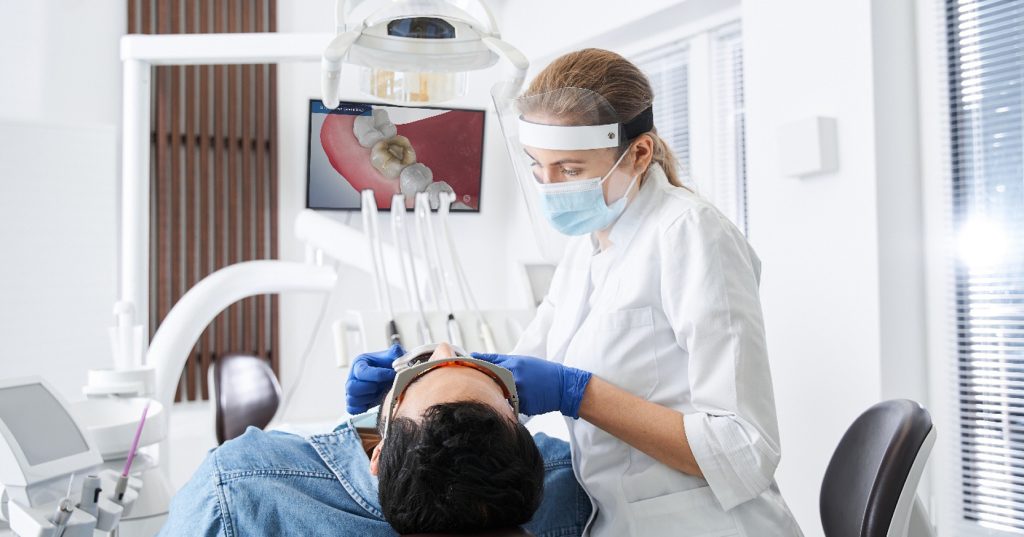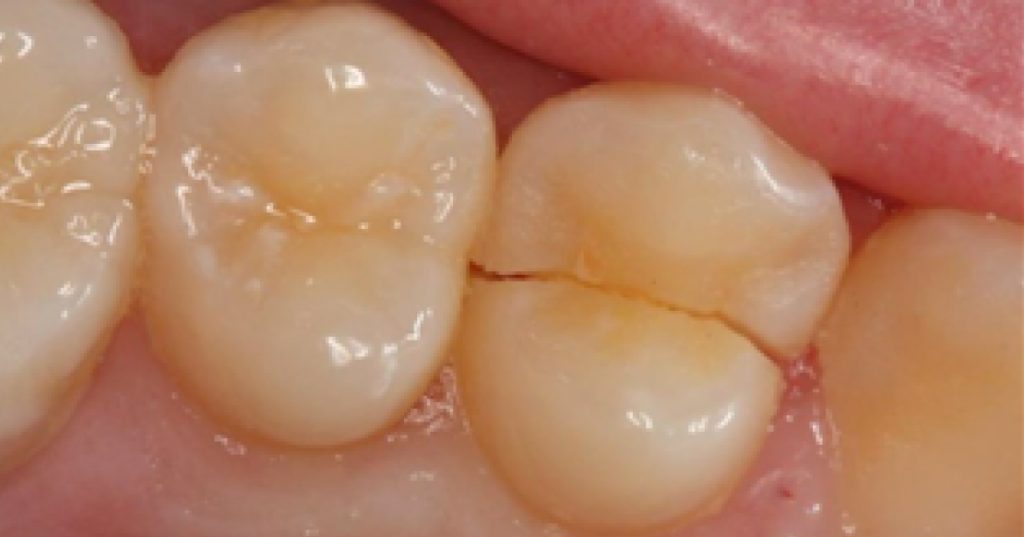Five Questions to Ask Yourself to Increase Dental Patient Retention
You have no more valuable asset in a dental practice than your patient base. These are people who not only sustain your business but are also people you provide excellent value for, people who have entrusted you to help them achieve the best health possible. So, when we think about dental patient retention — an enduring topic for dentists everywhere — we need to do so with an understanding of why it is so important, to the patient and to you.

To illustrate what I mean, let’s look at five questions to ask yourself about your patients that I think get to the heart of the matter.
1. Where is the patient in their dental journey?
We tend to think of dental care in terms of absolutes: the patient says either yes or no to the treatment presented. But the reality is most patients are on a dental journey, where their level of participation often coincides with where they are in their life’s journey — their economic situation, a new job, getting married — so a “no” today may really be a “not yet” and could eventually become a “yes” when circumstances change. Understanding this is important to build trust in the relationship. When you start thinking about the patient’s lifelong journey, it makes it easier for them to commit to you and the practice.
2. Does the patient believe that hygiene appointments are important?
This is where patient education plays a huge role and needs to be impactful. Often, it can come down to the language you use. For example, when you call a hygiene appointment a “cleaning,” you devalue it. They do cleaning at home with a toothbrush and floss (if they floss). On the other hand, hygiene appointments are about professional clinical care necessary to maintain optimal oral health. This is something that needs to be communicated and reinforced with each patient. Because ultimately, if a patient doesn’t fully appreciate the value of prioritizing their re-care appointments, it makes it easy for them to drop off the schedule. And that leads to my next question.
3. Does the patient understand that an appointment is a confirmation?
Too many patients look at a hygiene appointment as something that can be moved around or even dropped from their schedule in favor of a hair appointment. Does your team communicate with each patient that their appointment is considered confirmation for a necessary health-related procedure and that any follow-up communication is a courtesy to help them keep that commitment? Spear has several resources that go into greater detail about appointing patients with the correct value.
4. Are you appointing them within 4-6 weeks of their target dates?
In other words, are you managing your schedule correctly so patients arrive for their re-care appointments on time? Because if a patient on a six-month schedule comes in at eight or nine months since their last hygiene appointment, and you don’t say anything about the delay, you are sending the message that the six-month schedule isn’t that important. If the patient rescheduling caused the delay, there needs to be a conversation about the importance of timely re-care. If you were booked too far out and couldn’t accommodate them close to their re-care date, you must look at scheduling and staffing systems to ensure that all patients stay on track with their hygiene schedules.
5. Do you explicitly encourage patient referrals?
I often hear about dentists who are surprised when a patient says, “I didn’t know you were accepting new patients.” The patient sees a full waiting room, or they notice that their next appointment is being booked farther out and they assume you are too busy for new patients.
So let them know that a referral is the highest compliment they can give. After someone remarks favorably on their experience, say: “I’m very happy to hear that. I hope you will share that with any friends who might be looking for a new dental home.” Trust me — happy patients want to help you grow your practice.

What is a Patient Worth to Your Practice?
This leads me to the economics of dental patient retention. Let’s break it down using modest hypothetical numbers.
Let’s say that you charge $150 per hygiene visit — that’s maybe $450 every two years, $4500 over 20 years, if you retain them.
But that’s just the beginning. What if that patient referred just one more patient at that time (again, a modest estimate if you are encouraging referrals in the right way). Considering that there will inevitably be some routine dentistry over the course of those years, you are easily looking at $10,000 originating from this one patient — if you can keep them engaged and get them to refer even once. That is the power of what I call the “network effect.”
You see now that executing the simple principles outlined here can not only retain patients but also significantly increase your patient base. I urge you to look over the above questions again. If you want to optimize dental patient retention and develop a sustainable path to practice growth, the answers are all there.
SPEAR NAVIGATOR
Transform how your practice runs by engaging the team through
coaching and training
A guided path to excellence through structured coaching and self-guided resources that will align your team, streamline processes and drive growth. Transform your practice by implementing Spear’s proven playbooks for developing and retaining a high-performing dental team.

By: Imtiaz Manji
Date: August 10, 2023
Featured Digest articles
Insights and advice from Spear Faculty and industry experts


